In PRAISE of ALPA’s positive contribution to the 25 hour CVR proposal
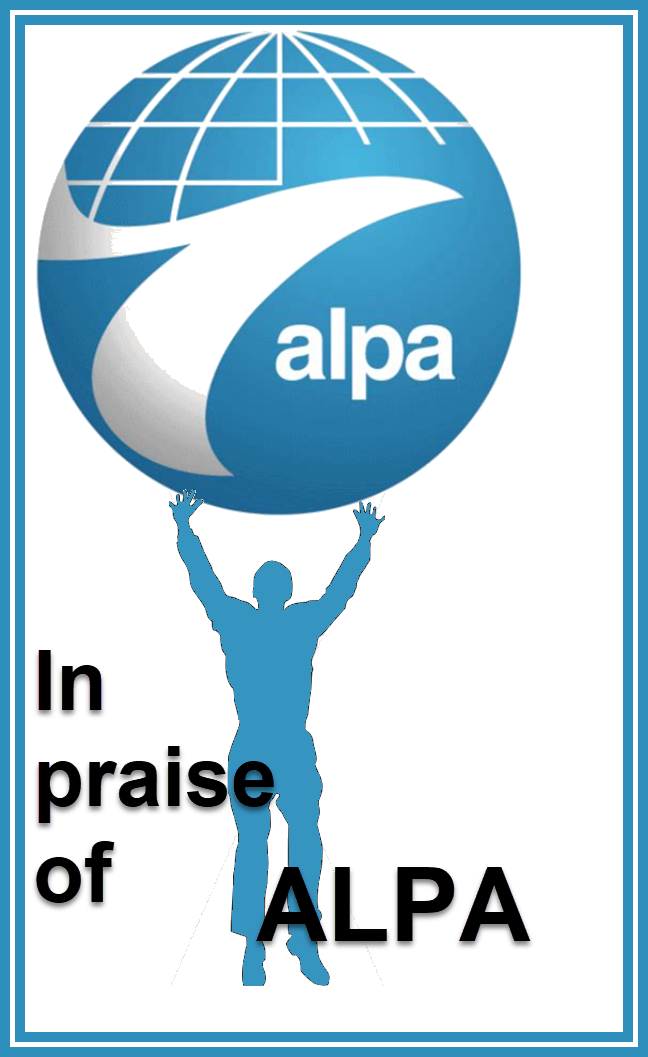
A constant theme of negativity is not a good writing style and this journalistic[1] rule applies even more so as to AVIATION SAFETY. The below article drawn from MENTOUR PILOT provides an excellent, balanced review of the FAA’s proposal (NPRM) to increase the recording time for Cockpit Voice Recorders (CVRs) from 2 hours to 25 hours.
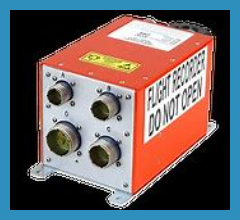
Spyros Georgilidakis, the writer, traces the history from the safety instruments’ earliest days, reviews incidents and accidents that make the case for the longer recording and then reports the docket comments -pro and con.
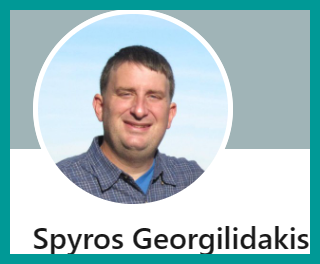
The distribution of opinions follows the expected pattern. There are 111 submissions in the docket (may have missed some useful submissions)-
· many, many members of the general public in support of the extension to 25 hours, CON,
· some anonymous opinions asserting misuse by airlines CON,
· staunch union opposition (IBT: Atlas Air, Independent Pilots Association: UPS, APA: American, CAPA) CON,
· ALPA PRO
o guaranteed to ensure that CVR recordings are not misused. These protections must include, at least, the following:
o CVR recording must be maintained by the NTSB indefinitely;
o the recording medium returned to the aircraft operator must be permanently deleted;
o any recording or transcript shall not be used by any federal agency or employer for administrative or disciplinary proceedings.
· Rep Garcia (D-CA) endorses ALPA’s protection request PRO
· no comment (United Airlines),
· not apply to MTOW>27t (Dassault-Aviation),
· positive airlines (FedEx, Alaska) PRO
· delay implementation to identify CVR (EMBRAER),
· American Association for Justice a/k/a the American Trial Lawyers –4 pages long, PRO
· ATR and ~ Bombardier Inc. (a number of technical amendments esp. EASA consistency)
· L3Harris include retrofit PRO
· Aviation Associations PRO (HAI, Cargo Airlines Association, RAA)
· NTSB PRO +++
In PRAISE OF ALPA, the lead pilot union has found some “safety issue” on many recent proposals—the 1,500 hour rule, the Elwell/Babbitt proposal to use simulator training time, any hint of automation or single pilot cockpits, adding 2 years to ATP pilot eligibility, expedited treatment of RPA pilots, PRD information , “No Cameras in Cockpits,” and even an earlier comment on the 25 hour rule CREDIT ALPA did foreshadow its pilots privacy concerns that it has well-defined and has offered specific protections.
The Union COMMENTS submitted in the 25 hour CVR NPRM represent a more collaborative, cooperative approach. ALPA should be commended and hopefully may signal a new trend to help usefully craft a regulation and not just say no to everything under the umbrella of AVIATION SAFETY.
Who Doesn’t Want 25-Hour Cockpit Voice Recorders?
By Spyros Georgilidakis | February 3, 2024

LAST YEAR, THE FAA PROPOSED AN INCREASE IN THE RECORDING TIME OF COCKPIT VOICE RECORDERS (CVRS) FROM 2 TO 25 HOURS. BUT NOT EVERYONE AGREES.
Flight Data Recorders (FDRs) and cockpit voice recorders have been part of commercial aviation for many decades. Initially, CVRs recorded just 30 minutes of data, on magnetic tape. Gradually, technology improved and 2 hours of recording became possible.
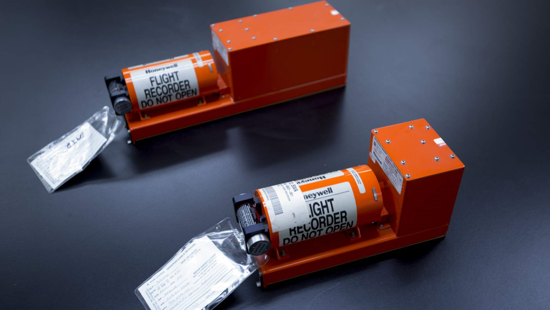
A CVR (bottom) and FDR (top). Photo: NTSB
That recording duration didn’t become mandatory in the United States until 2008. The increase satisfied regulators that enough dialog between the crew would be available, for investigators to have enough context, to understand the causes of an accident.
However, that doesn’t necessarily account for the possibility that an aircraft would remain in service, after a non-fatal event. In such cases, pilots should preserve their cockpit voice recorders, to ensure that key data isn’t overridden.
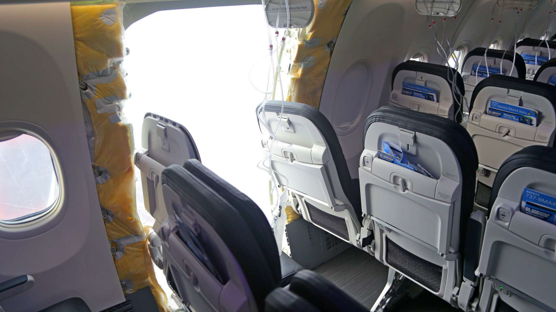
Photo: NTSB
But in many cases, this simply isn’t possible. One example of this was a runway incursion incident last year, when an American Airlines 777 crossed a runway at JFK, while another flight was taking off.
Investigating Incidents
That incident led to more controversy when the American Airlines crew refused an NTSB interview because it would be recorded. The NTSB investigators countered that they needed to record the interview to ensure the veracity of the data, particularly because the CVR didn’t have usable information.
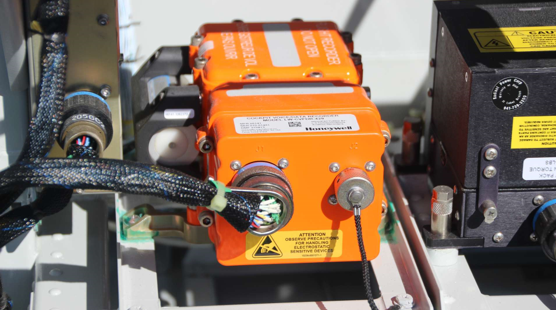
A combined Cockpit Voice and Data Recorder, i.e. CVDR. Photo: YSSYguy, CC BY-SA 4.0
That, in turn, was because the American Airlines aircraft took off for a transatlantic flight, soon after the incident. This and other similar events prompted the FAA to propose a regulation change, to increase the recording time of cockpit voice recorders to 25 hours.
THE INCREASE WOULD ALIGN THE RECORDING DURATION OF CVRS WITH THAT OF FDRS. THE EUROPEAN AVIATION SAFETY AGENCY (EASA) MANDATED A 25-HOUR CVR DURATION IN 2021. Crucially for some, EASA’s rule applies to newly-built aircraft only. Existing airliners can keep their 2-hour cockpit voice recorders.
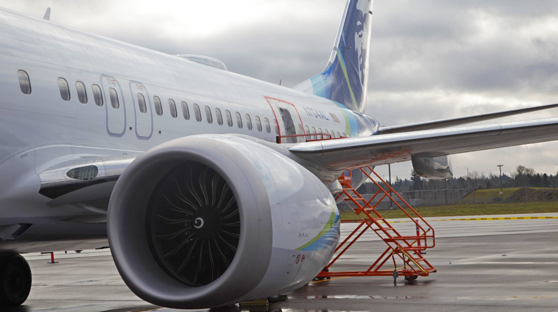
Photo: NTSB
This topic got even more attention earlier this year when AN ALASKA AIRLINES 737 MAX-9 HAD A BLOW-OUT OF ITS LEFT MID-CABIN DOOR PLUG. THE ALASKA CREW DIDN’T SECURE THE CVR AFTER THE ACCIDENT, SO THE PILOTS’ CONVERSATION WAS LOST. Mistakes like this, following an unusual event, are not uncommon.
The FAA proposed this recording time increase in cockpit voice recorders in December last year. As usual, the proposal invited industry stakeholders to make comments, by a certain deadline – in this case, the 2nd of February.
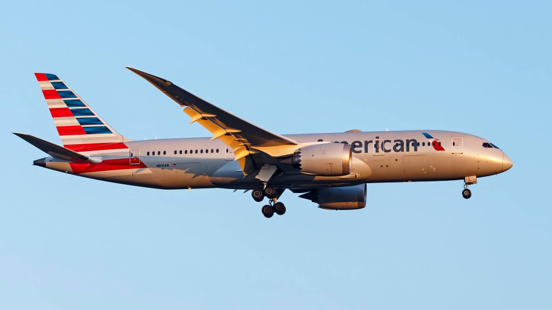
Photo: TJDarmstadt, CC BY 2.0 Deed
25-Hour Cockpit Voice Recorders – For and Against
The change has a number of “fans” who commented {“in support of”] on the ruling. They include Alaska Airlines, FedEx, and several airline associations. Obviously, the NTSB is another proponent of the change.
However, the NTSB also wants a deadline by which existing aircraft would be retrofitted with the new cockpit voice recorders. The FAA only proposed the rule TO APPLY TO NEWLY-BUILT aircraft, like its European counterpart.
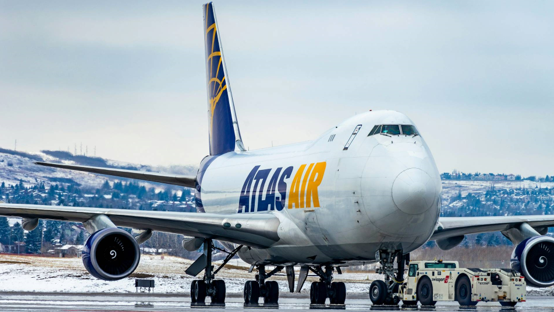
Several other stakeholders either oppose the rule outright or remain skeptical. The COALITION OF AIRLINE PILOTS ASSOCIATIONS (CAPA) opposes the rule, on privacy and data protection grounds. Their concern is that, while accident investigators are concerned about safety, there are others who may access this data, too.
This could include law enforcement agencies performing criminal investigations. Or they could be the pilots’ employers, who might want to listen to the contents of cockpit voice recorders for disciplinary and other reasons.
The AIR LINE PILOTS ASSOCIATION (ALPA) also voiced similar concerns but did not reject the new proposal outright. However, IT REQUESTED THAT SEVERE RESTRICTIONS BE PLACED ON WHO CAN ACCESS AND USE THESE RECORDINGS.
[1] This term is used with some trepidation. To call the text of this site to qualify for such a professional term is not justified. Just needed a term o set the context of this content?